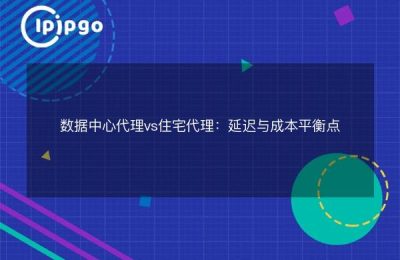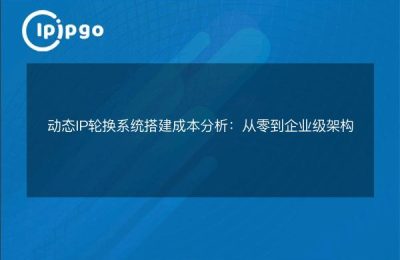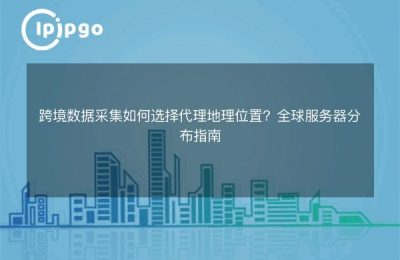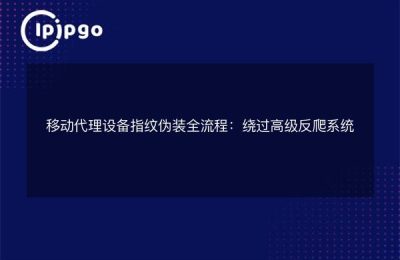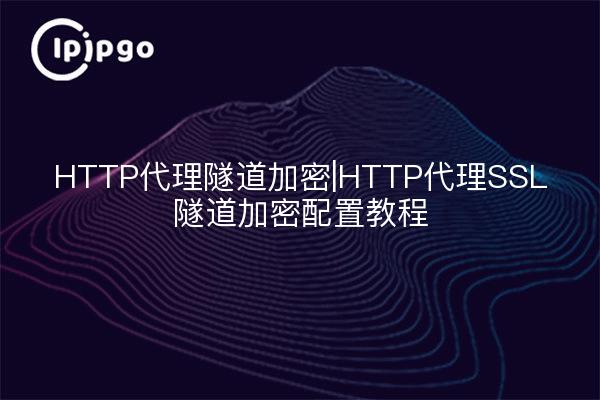
What exactly is the use of HTTP proxy tunnel encryption?
The biggest concern for many people when using a proxy IP is the interception of data transmission. Imagine you have to forward 100 packages a day through a courier, and if each package is wrapped only in a clear plastic bag, anyone passing by can see what's inside.HTTP proxy tunnel encryptionIt's equivalent to putting a combination lock and anti-unpacking box on your parcel, so that even if it's intercepted by a third party, you can't see the real contents. This is the core value of ipipgo proxy service supporting SSL encryption - theEnsure that your online activities are as secure as if you were operating from a private safeThe
Comparison of Two Encryption Methods: Ordinary Proxy vs. SSL Tunneling
Let's explain the difference with a real-world scenario: when you're using public WiFi in a coffee shop:
| Common HTTP Proxy | SSL tunnel encryption |
|---|---|
| It's like talking through a glass wall. | Similar to using an encrypted phone in a soundproof room |
| Data is transmitted in clear text | Full AES-256 encryption |
| Possible snooping by routing nodes | Operators can only see the garbled code |
ipipgo's SSL tunneling technology is particularly well suited for organizations that need toTransmission of sensitive informationscenarios, such as e-commerce account management and domestic advertising, its residential IP resources naturally have higher credibility.
Hands-on configuration of SSL encryption proxy
Demonstrate the configuration process with an example of a mainstream tool (ipipgo proxy as an example):
Step 1:Log in to the ipipgo backend to get exclusive connection information, including encrypted tunnel address, port, account password
Step 2:Select the HTTPS protocol type in the proxy client and fill in the server address such as ssl.ipipgo.com:443
Step 3:start usingSSL/TLS authenticationoption to import the CA certificate provided by the platform
Step 4:Test the connection status, when you see the "encrypted channel is established" prompt, you can start using it.
Three major considerations for practical use
1. Certificate Validation: Regularly update the CA certificate provided by ipipgo to avoid security warnings
2. protocol matching: Dynamic residential IP is recommended to use SOCKS5+SSL combination, static IP is more suitable for HTTPS direct connection
3. timeout setting: Encrypted tunnels are recommended to set a timeout of 120-180 seconds to balance security and stability.
Frequently Asked Questions QA
Q: Does encryption affect internet speed?
A: ipipgo through the intelligent routing technology, the actual test encryption transmission loss control within 8%, and support on-demand switching encryption intensity
Q: Do I need to generate my own key?
A: No need, ipipgo has preset independent encrypted channels for each user, saving 90% configuration time compared to self-built programs
Q: Can I use SSL tunnels on my cell phone?
A: Supported, selected in Mobile Device Settings - Proxy Configurationcryptographic agenttype, just enter the parameters provided by ipipgo
Why choose a professional service provider?
Building your own encrypted tunnel requires maintaining a certificate system, dealing with IP blocking, etc. ipipgo's three main advantages:
- Certificate of automatic rotation: Renewal of encryption certificates every 72 hours
- hybrid encryption technology: Support for both state secret algorithms and international standards
- Intelligent Routing: automatically selects the encrypted node with the lowest latency
By reasonably configuring the SSL encryption function of the HTTP proxy, you can enjoy the convenience of the proxy IP and also ensure the security of data transmission. It is recommended to first pass the ipipgoFree Test ChannelExperience the effects of different encryption modes and choose the best solution according to your actual business needs.

